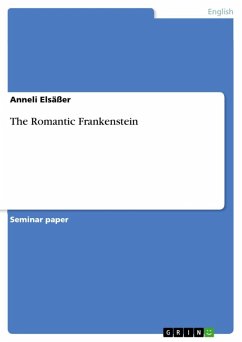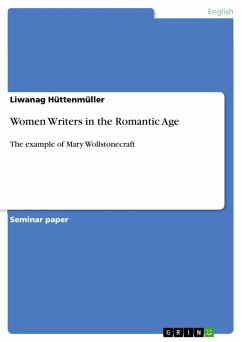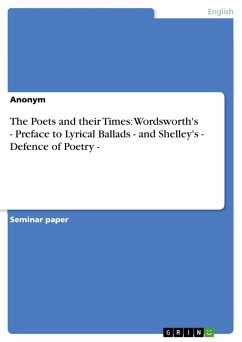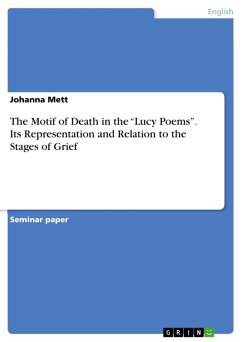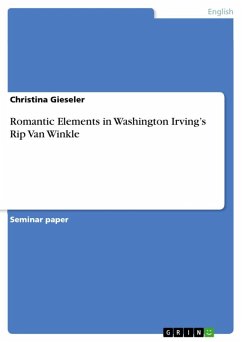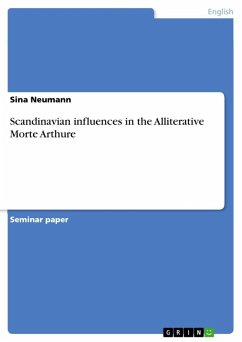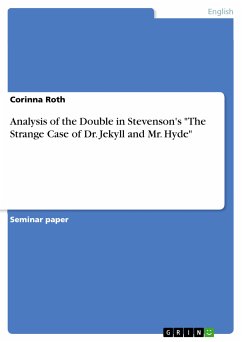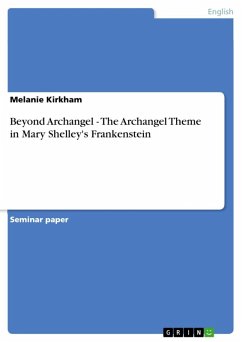Seminar paper from the year 2006 in the subject English Language and Literature Studies - Literature, grade: A, University of Massachusetts - Amherst (English Department ), course: Major British Writers - Proseminar II, language: English, abstract: Mary Wollenstonecraft Shelley is one of the major representatives of the Romanticism movement of the late eighteenth and early nineteenth century. In 1816, when Shelley wrote her first and most popular work "Frankenstein or the Modern Prometheus", the Industrial Revolution had just begun. New inventions were made and the world as it was known changed rapidly. In her novel Shelley takes on the idea of the damage this quick and unfamiliar progress could do. Victor Frankenstein, the main character of the novel, attempts to triumph over nature in that he tries to bring something inanimate to life. He successfully creates a living being but the creature turns against his creator and destroys Frankenstein's life. The creature has no name and it is unclear whether it should be seen as a monster or as a human being. In "Frankenstein" Mary Shelley contrasts the beauty and serenity of nature to the destroying powers that can be released when meddling with scientific progress. Her themes fit well into the ideas of the Romantic poets: she understands the importance of the state of childhood and also focuses on nature as a counterpart to the progress and destruction of Industrialism and progress. Like her contemporaries she tries to further the idea of going back to nature and a childlike state of imagination instead of destroying lives by opposing the course of nature. This paper discusses how nature, childhood, knowledge, and progress work together and how Shelley explores each of them in her novel.
Dieser Download kann aus rechtlichen Gründen nur mit Rechnungsadresse in A, B, BG, CY, CZ, D, DK, EW, E, FIN, F, GR, HR, H, IRL, I, LT, L, LR, M, NL, PL, P, R, S, SLO, SK ausgeliefert werden.

